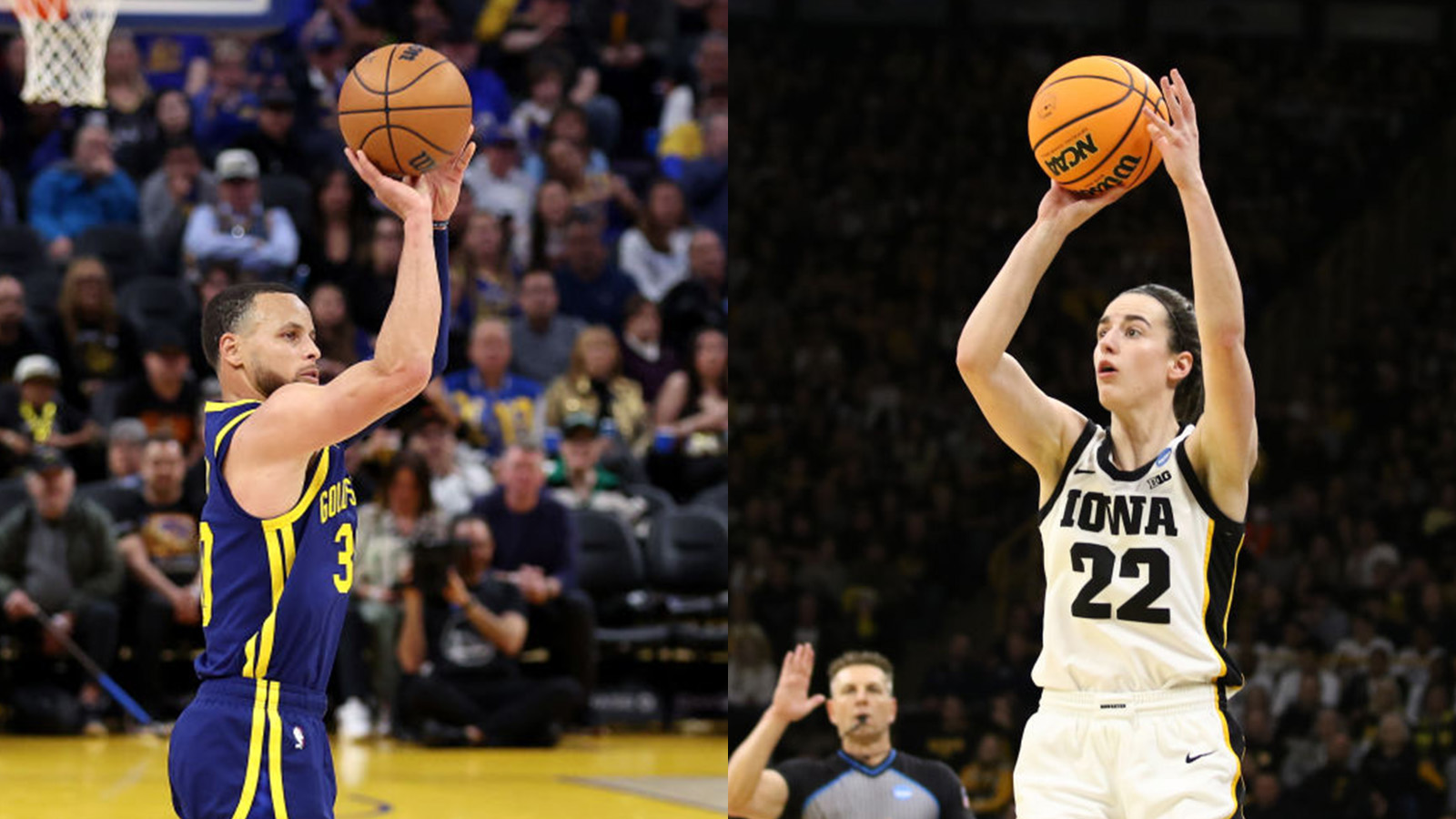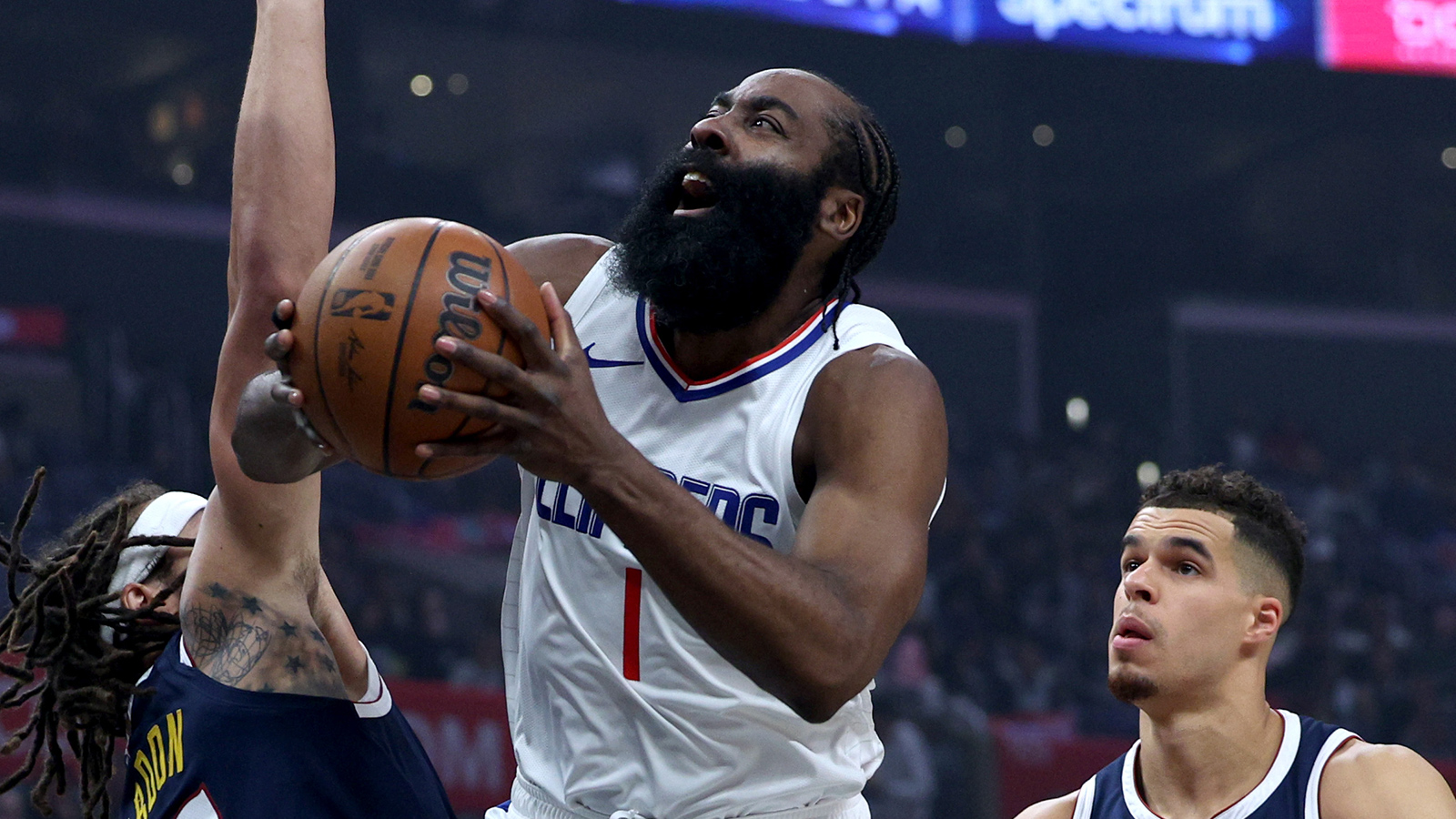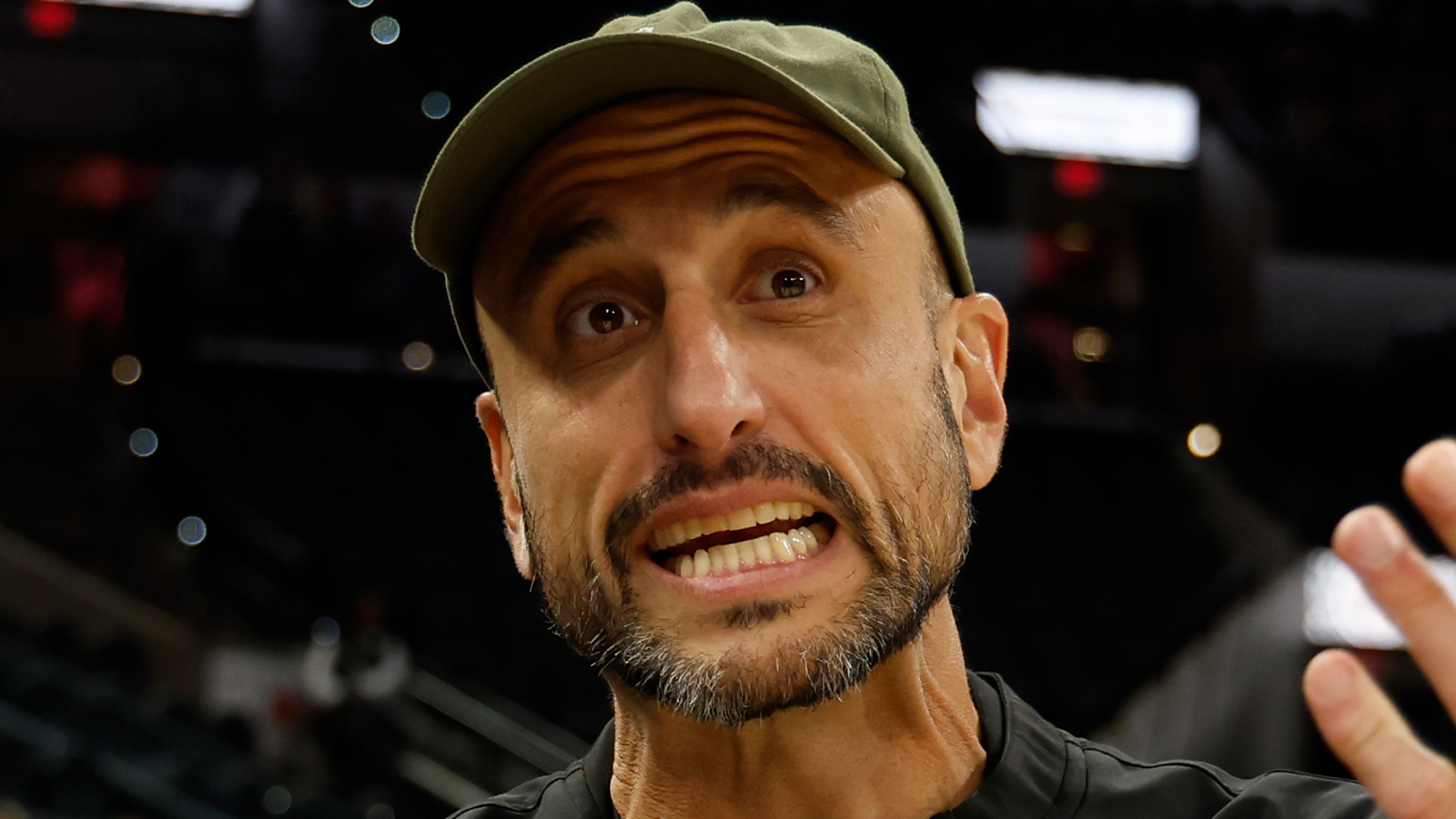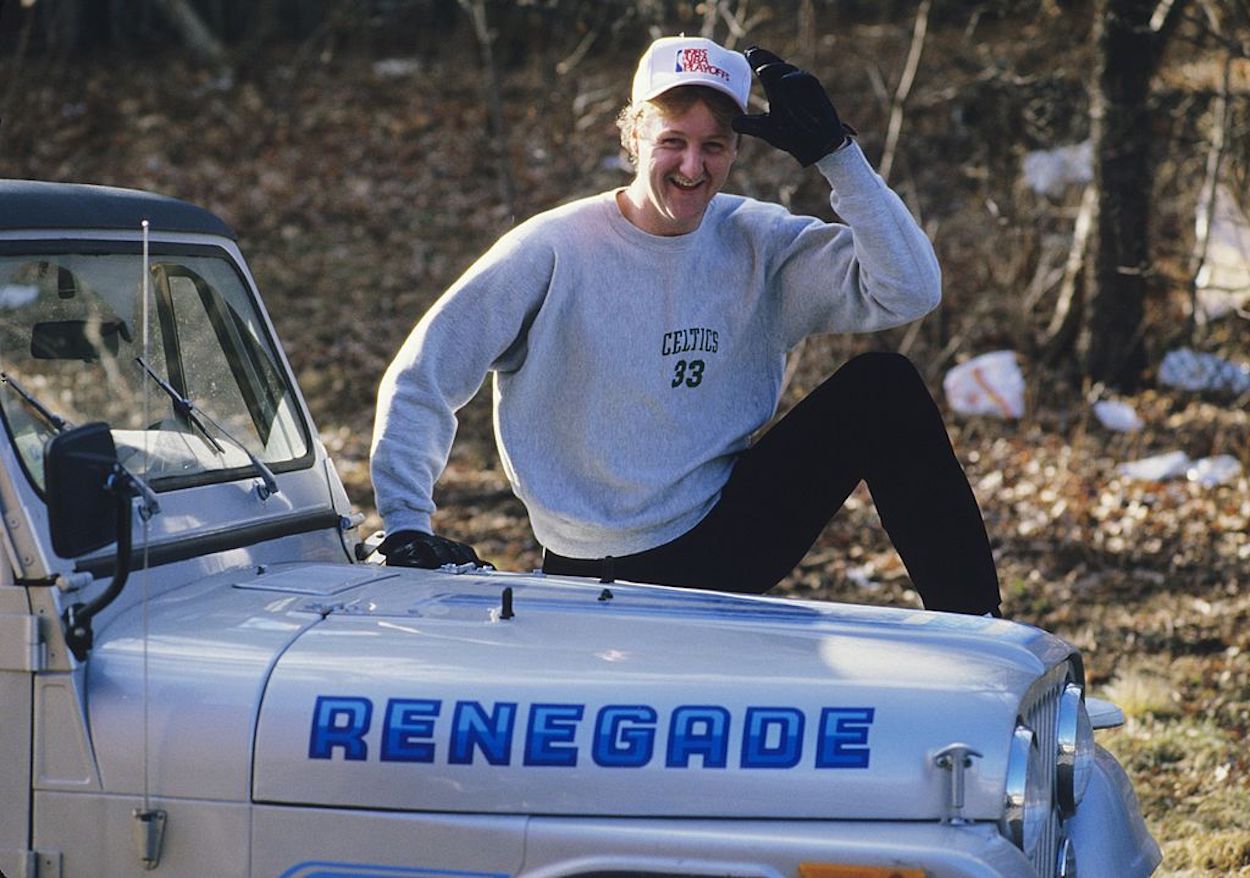
Larry Bird Knew Himself, Never Changed, and Used That Foundation to Become an NBA Legend
When you think of an all-time NBA great like Larry Bird, it’s easy to imagine him appearing on the professional stage as a fully-formed player. That, of course, isn’t possible. Everyone, no matter how much natural talent they possess, is a product of their previous experiences. Even Larry Legend couldn’t escape his own upbringing.
He was humble and simply loved the game of basketball. That reality never changed, no matter how many titles he won or how much money he earned. If anything, it probably played a key role in making him the star he eventually became.
Let’s take a walk down memory lane and trace that trajectory.
If we travel back to Bird’s early days in French Lick, there are a few anecdotes that can pull out. One, which John Papanek recounted in a 1981 Sports Illustrated story, shows the forward’s pure love of basketball.
I didn’t care either,” he says. “I was one of those guys that never looked ahead. When I was younger, I played for the fun of it, like any other kid. I just don’t know what kept me going and going and going. I remember we used to practice in the gym in high school; then, on the way home, we’d stop and play on the playgrounds until eight o’clock. I played when I was cold, and my body was aching, and I was so tired…and I don’t know why, I just kept playing and playing. I didn’t know I was going to college until I was there. I never thought about pro basketball until I got there. Now that I am there, I want to make the most out of it that I can. I guess I always wanted to make the most out of it. I just never knew it.”
Larry Bird, as quoted in Sports Illustrated
Those sentiments — the love of the game, the knowledge of himself, and the desire to make the most of his talents — went hand in hand. Without them, Bird might never have become a legend.
Look at the forward’s time on the court where, as a boy, he learned to talk trash from squaring off against the grown men who worked at a nearby hotel. It took a pure desire to get on the court to join those games — it’s easy to imagine that even other adults would have been scared off by the motley crew drinking beers and smoking cigarettes between games — but those experiences taught Larry how to hang tough, talk back, and be confident in his own game.
Alternatively, consider the time when Bird was snubbed by a coach and barely saw the court during a high school All-Star game. While there wasn’t anything really on the line, the teenager was stung. Deprived of his chance to “make the most out of” the opportunity, he set out to prove he could cut it.
Then, of course, there’s the ultimate demonstration of knowing oneself. Bird committed to Indiana but backed out shortly after arriving in Bloomington. It wasn’t the right fit, and he wasn’t going to force himself into something that wasn’t right simply to play college basketball.
While we’re obviously dealing in hypotheticals, that choice could have changed Larry Legend’s career. Perhaps he and Bob Knight wouldn’t have seen eye-to-eye, and the forward would have found himself stapled to the bench. Heading back to French Lick and working as a garbage man may have been a gamble, but it set the stage for Bird to dominate the NCAA stage, catch the eye of the Boston Celtics, and kick-start his NBA career.
Don’t think that becoming a star changed Bird, though. In Papanek’s SI story, agent Bob Woolf recalled footing the bill for the forward’s first ever visit to Boston. “Three nights. Nothing but room and tax,” he explained. “Not a room service charge. Not a phone call.”
While there were plenty more anecdotes like that — Papanek, for example, also alluded to Bird shooting a Chardon jeans for some free pants, and we know the forward never really pushed his wardrobe to new heights — that consistency wasn’t limited to extracurriculars. When the Hick from French Lick hit the hardwood, he was always the same man.
“Nobody, nobody worked as hard as Larry,” Bill Walton explained in an NBA 75 stories segment honoring the forward. “He was the first guy there and the last guy to leave. He wore that body out with the jumpers and the running and the movement and concentration and the focus, discipline, and sacrifice. He had it all. He wanted the light on him. He wanted the focus. And he wanted that ball.”
Does that sound familiar? Think back to the boy who would play in the darkness and the cold, simply because basketball was what he loved. While Bird obviously possessed incredible talent, he wouldn’t have been the star he became without the self-knowledge and consistency to get down and dirty. He knew who he was and what he did, and that never changed.
For an alternative perspective and another piece of testimony connecting Bird the man to Bird the legend, consider what his own mother had to say.
“Larry thinks I should work,” Georgia Bird told Papanek after he rattled off the jobs she held during her life. “He believes everyone should work. That’s how he got to be such a good player. My kids were made fun of for the way they dressed. Neighbor boys had basketballs or bikes. My kids had to share a basketball. A friend of Larry’s would say, if you can outrun me down to the post office, you can ride my bike for 10 minutes.’ Larry used to run his tail-end off.”
Again, we’re dealing in hypotheticals here since Bird was so consistent, but it’s easy to imagine how things could have been very different. Perhaps a player with a different background would have let the fame and success go to his head. Maybe off-the-court extracurriculars could have escalated and provided even more of a problem than a broken hand. In an alternate timeline, the forward’s ego and trash talk might have gotten out of hand and ruined the Celtics’ chemistry.
At the same time, a less humble man might not have ruined his career by trying to build a driveway. Every classical hero, it seems, is ultimately undone by his greatest strength.
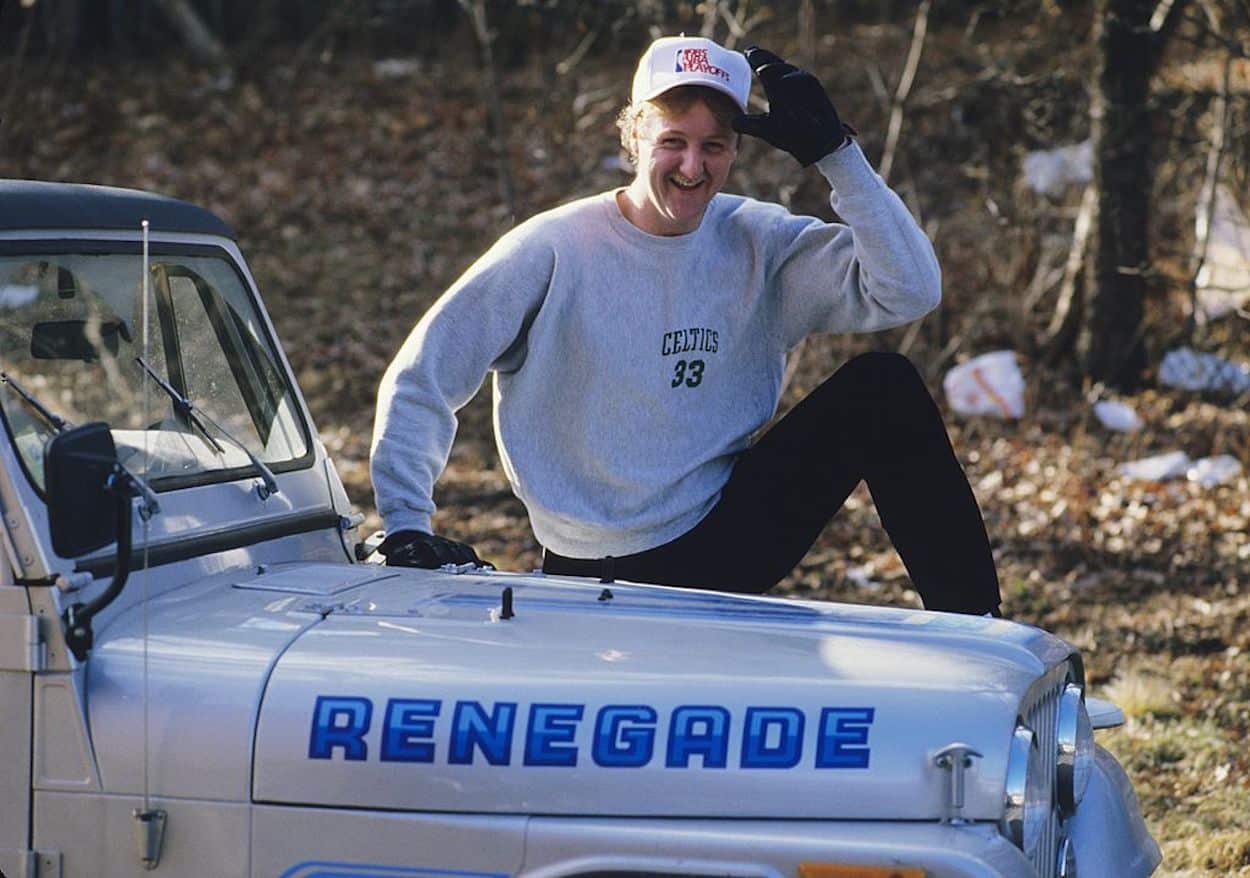
Larry Bird, however, knew exactly who he was. He never changed, and that authenticity made all the difference.
For a bit of final perspective, let’s circle back to Georgia Bird and an anecdote she shared about her son refusing to buy her a house after the seller raised the price. While you could read that in a variety of ways — most cynically, you could argue that Larry Legend was being a bit of a miser — it undeniably demonstrates a fundamental truth. No amount of fame or fortune could change Bird.
Now that Larry has made it, Mrs. Bird says she has never had it so good. The only thing she’d like is a new home. “Just once, I’d like to have one without scratches in the wall or a warped door,” she says. But that’s easier said than done. There was a house she would like to have had—which a friend had passed up for $55,000. Mrs. Bird called a broker to inquire about it and said her son Larry would be home soon to look it over. Suddenly the price jumped to $80,000. When Larry heard about it, he told his mother, “If that’s the way it’s gonna be, Mom, forget it. We ain’t gonna pay more just because I’m a ballplayer.”
Georgia Bird, as quoted by John Papanek
That wasn’t the end of her testimony, though. When push came to shove, she added the two final words that perfectly contextualize her son and all of his success.
“That’s Larry,” she concluded.
Like Sportscasting on Facebook. Follow us on Twitter @sportscasting19 and subscribe to our YouTube channel.
